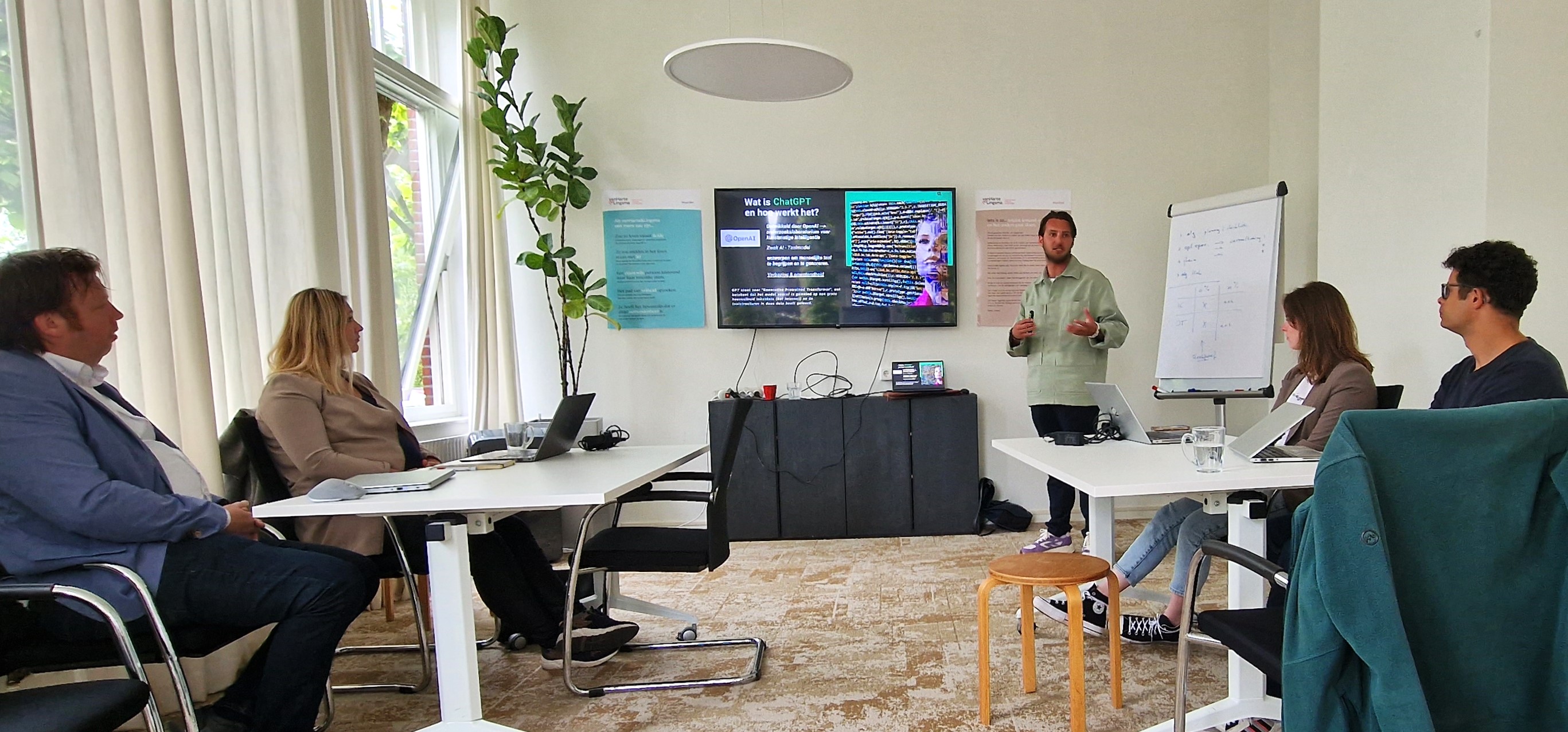Context and Importance
Automating business processes is not a new phenomenon. However, with rapid technological advancements, the need for efficient, cost-effective solutions is greater than ever. This is where Robotic Process Automation (RPA) comes in—a technology that enables companies to automate repetitive tasks, thus increasing productivity and reducing costs.
But why the emphasis on 'managed' RPA now? The answer is simple: complexity and scalability. As organizations expand their RPA deployment, the systems become more complicated and managing them more time-consuming. Employing a third party to manage these complex processes is becoming increasingly attractive. Additionally, managed RPA not only helps companies reduce costs but also manage risks.
The figures don't lie. The global market for managed RPA is estimated at $3.3 billion in 2023, representing a significant growth of more than 20% compared to 2022. These statistics silently testify to the critical role that managed RPA plays in modern business. It is no longer a 'nice option to have' but a strategic necessity.
Key Points of Managed RPA
When thinking of RPA, many imagine robots entering data or performing basic calculations. However, managed RPA goes much further than that. Here are the key points you really need to know:
Expertise and Efficiency
Managed RPA service providers possess the know-how to implement RPA applications efficiently and effectively. They know which tasks are best automated and how to get the most out of technology. In addition, they can respond faster to changing business needs.
Risk Mitigation
Every technological implementation involves risks, from data security to compliance. A managed RPA provider takes care of these concerns and provides necessary security and compliance checks.
Cost Savings
According to statistics, employing managed RPA can lead to significant cost savings. You do pay for the service, but you save on training, maintenance, and solving problems that will inevitably occur with in-house management.
Scalability
Perhaps the most compelling point is the scalability that managed RPA offers. As your company grows or changes, a managed RPA solution can easily scale with it. So, you are not stuck with a rigid system but have the flexibility to adjust your RPA activities as desired.
Whether you are a small business just starting with automation or a large company striving for more efficiency, the benefits are clear: managed RPA is the way forward.
Applications and Implications
Now that you know why managed RPA is such an attractive option and what the key points are, let’s discuss its practical applications and the implications for you.
- Suitable for Every Industry: Whether you are in healthcare, financial services, or retail, managed RPA can be deployed in almost every sector. A pharmaceutical company, for example, can validate data on medicines, while an e-commerce platform can improve customer service.
- In Practice: Imagine being a manager in a medium-sized company. Your team spends a lot of time on repetitive tasks such as data entry and processing simple customer requests. By automating these tasks through managed RPA, your team members can focus on more valuable activities, such as strategy and customer relationships.
- Short- and Long-term Implications: In the short term, you might have to make a financial investment, but the ROI becomes quickly visible through improvements in efficiency and cost savings. In the long term, managed RPA helps your organization remain agile in an ever-changing market.
Security and compliance considerations always exist, but a good managed RPA provider should alleviate these concerns. This allows you to focus on what really matters: growing your business.
Remote Robotics: Why Managed RPA is the Future
It’s clear that the market for managed RPA is in full bloom, and rightly so. It offers an efficient, cost-effective way to elevate your organization to a higher level. From eliminating the daily grind in the form of repetitive tasks to offering a resilient strategy in a competitive market; managed RPA has it all.
If you are still in doubt, remember the impressive statistics: the global market value of $3.3 billion in 2023 and the fact that 75% of organizations with RPA opt for it. It's not a hype; it's a tool that is here to stay and evolve.
Like every technological advancement, it comes down to how you implement it. With the right planning and consideration, managed RPA can be a game-changer for your organization. It is no longer a matter of if you make the switch, but when.
Are you ready to take the next step in your automation journey? Then contact Korper today and discover how we can help you achieve your goals with managed RPA.



